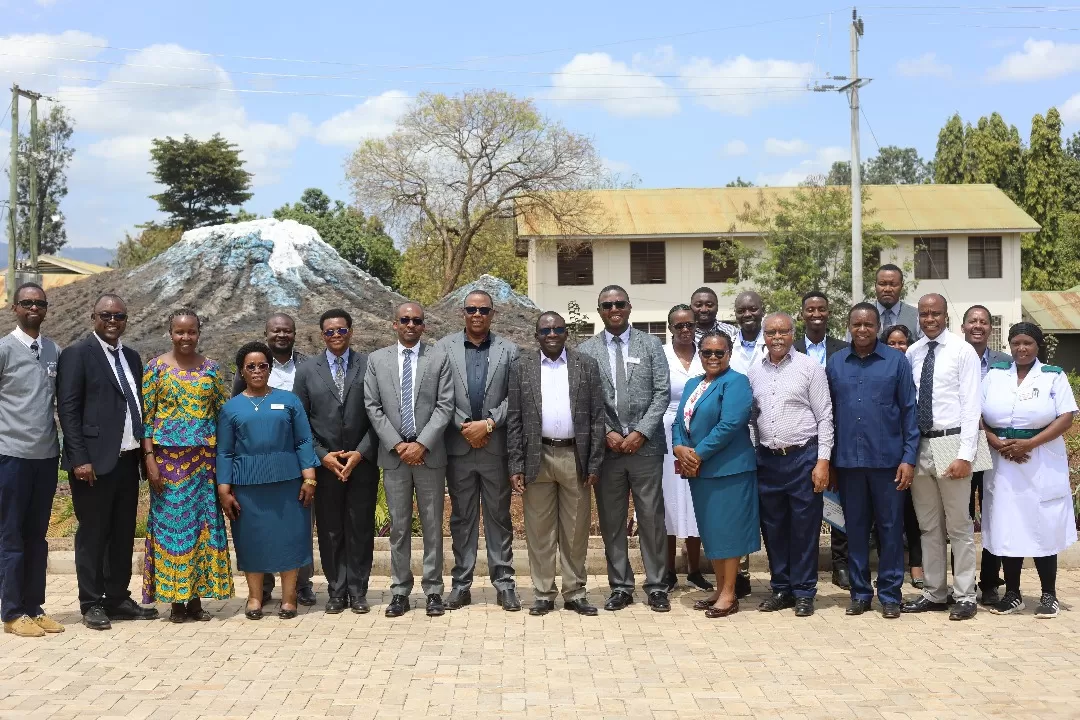Enhancing Physiology Education in Africa:The Launch of PhysioCAFUN
The introduction of PhysioCAFUN (Physiology Curriculum for African Universities) marks a significant milestone in advancing physiology education across Africa. This competency-based curriculum development guideline, developed by leading physiologists from Africa, Europe, and the United States, addresses critical gaps in physiology education, helping universities across the continent adopt a standardized and comprehensive approach to training future physiologists.
As healthcare needs and educational standards evolve in Africa, there is a growing demand for skilled physiologists who can contribute to both research and clinical practice. However, many African universities still face challenges due to a lack of standardized curriculum and limited access to qualified faculty. PhysioCAFUN aims to bridge these gaps by providing a flexible, outcomes-based framework that can be adapted to suit the diverse needs of African institutions.
Curriculum Features and Benefits
The PhysioCAFUN guideline consists of 23 modular topics, covering a wide range of physiological concepts, from the basics of molecular biology and cell physiology to advanced topics such as environmental physiology and pharmacology. The curriculum is designed with flexibility in mind, enabling universities to tailor it according to their local needs, while still maintaining global standards of physiological education.
This guideline is not only focused on theoretical knowledge but also emphasizes the development of critical practical skills needed for research, clinical practice, and employability. The curriculum encourages hands-on experience in laboratory settings, skills in data interpretation, and exposure to clinical placements, all crucial for well-rounded physiology graduates.
Transforming Physiology Education Across Africa
Physiology education in Africa faces diverse challenges, including limited access to qualified instructors, fragmented curricula, and insufficient resources. The PhysioCAFUN framework provides universities with a comprehensive resource to develop their own physiology curricula, whether they are starting from scratch or aiming to revise an existing program. Importantly, PhysioCAFUN offers guidelines for evaluating and improving existing courses to ensure that they meet both local needs and global standards.
As highlighted by Dr. Abdullateef Alagbonsi, one of the authors of the study, the introduction of PhysioCAFUN provides an opportunity to revolutionize physiology education in Africa. “Our goal is to create a uniform, competency-based curriculum that can help African institutions offer world-class physiology training, ensuring that graduates are prepared to tackle the healthcare challenges of today and tomorrow.”
International Collaboration and Support
The development of PhysioCAFUN was made possible through the collaboration of physiologists and educators from institutions across Africa, Europe, and the United States. The framework was finalized and officially introduced at the 2023 East African Society of Physiological Sciences (EASPS) and African Association of Physiological Sciences (AAPS) conference held in Tanzania, with input from 24 countries. The framework is now available for free on the AAPS website and is set to serve as a key resource for stakeholders in African universities and beyond.
About the Publication
The PhysioCAFUN guideline is a key result of the joint efforts of leading physiologists from the East African Society of Physiological Sciences (EASPS) and the African Association of Physiological Sciences (AAPS), and is officially published as a resource for physiology curriculum development in African universities.
This landmark development is a significant step towards improving physiology education and ensuring a brighter future for healthcare education across Africa.
For more details on implementing PhysioCAFUN, visit the AAPS website or contact us for support.
Alagbonsi, A.I., Essop, M.F., El-Wazir, Y., Nyakudya, T., Fastone, G., Mojiminiyi, F., Saeed, A., Stienen, G.J.M., Balandya, E., Raji, Y., Bintou Sarr, F., Samb, A., Ebrahim, A., Pohl, U., Silverthorn, D.U., 2024. PhysioCAFUN: A competency-based curriculum development guideline to strengthen physiology education in Africa. Advances in Physiology Education.

